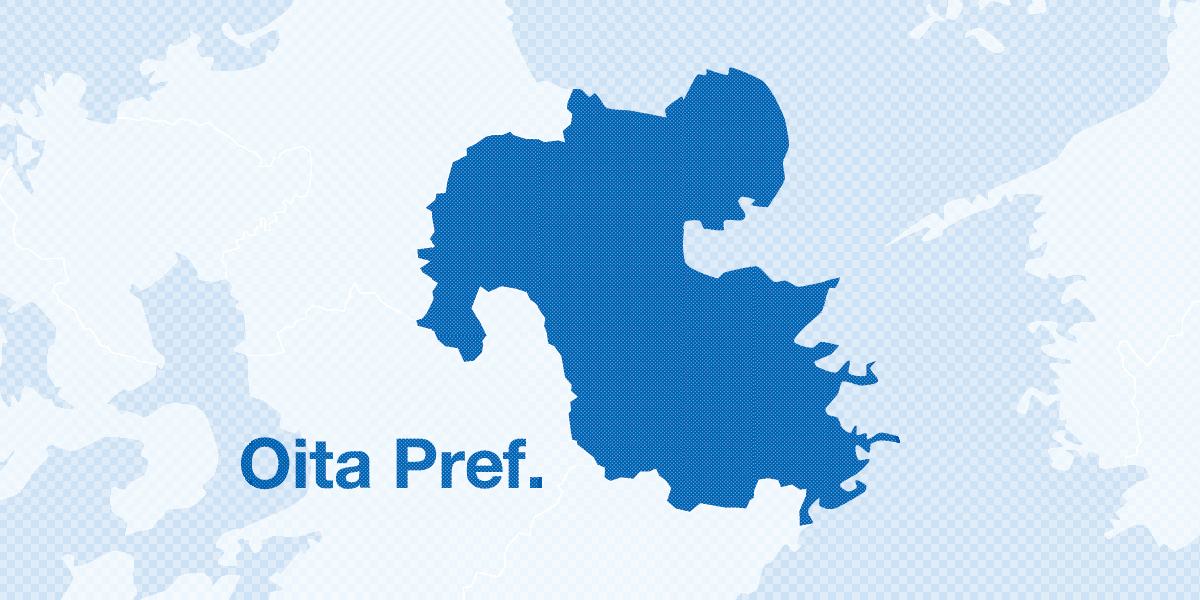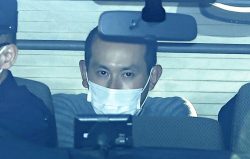Western Japan Town’s Muslim Cemetery Plan May Be Canceled; New Mayor Expresses Concern Over Possible Impact on Water Sources

15:59 JST, September 5, 2024
BEPPU, Oita — A plan to build a large Muslim cemetery in Hiji, Oita Prefecture, may be canceled due to the opposition of the town’s newly elected mayor.
The Beppu Muslim Association, a religious corporation in Beppu in the prefecture, has been planning to establish the cemetery. However, Mayor Tetsuya Abe, who took office on Thursday, said he will not approve the sale of any land owned by the town for that purpose under the current plan, and that the Hiji government will discuss the matter with the association again.
A former member of the town assembly, Abe, 56, was elected mayor for the first time on Aug. 25.
Cremation is strictly forbidden by Islam and securing Muslim burial sites in Japan has been a problem, said Tahir Khan, 56, head of the Muslim association.
The association initially bought another piece of land in Hiji in 2018 for a Muslim cemetery, but that plan was abandoned due to opposition from local residents. It decided to buy land owned by the town instead and has discussed with the Hiji government its plan to build a cemetery on the current site.
The envisioned cemetery would have 79 plots on about 4,950 square meters in a western part of Hiji. Muslims who lived in the Kyushu and Okinawa regions at the time of their death would be buried there, about two meters underground.
In May last year, the Muslim association signed an agreement with the residents association of the district where the planned site is located, promising no additional burials for 20 years in plots where burials have taken place. The association also promised that the local groundwater would be tested once a year.
The town government has been moving forward with the sale, taking the position that it had no alternative if the plan meets the requirements of ordinances related to burial sites.
However, some residents of the town and of the neighboring city of Kitsuki in the prefecture have opposed the plan, expressing concerns about the possible contamination of drinking water, among other matters.
Abe defeated his opponent, then incumbent Hirofumi Honda, 71, by a large margin in the Aug. 25 election.
Abe told the Yomiuri Shimbun on Thursday that the cemetery plan cannot be approved in its current form. “This is a matter for the central government, rather than the town government. The central government needs to present a guideline,” he said.
On Aug. 26, Abe told the media that “a political solution is necessary.”
“There is no scientific proof that there will be no impact on water sources. We need to stop the process and hold discussions with the association,” Abe said.
Khan said to The Yomiuri Shimbun on Aug. 27, “I want to explain that we have already gained the understanding of the local residents.”
Top Articles in Society
-

Producer Behind Pop Group XG Arrested for Cocaine Possession
-

Man Infected with Measles Reportedly Dined at Restaurant in Tokyo Station
-

Man Infected with Measles May Have Come in Contact with Many People in Tokyo, Went to Store, Restaurant Around When Symptoms Emerged
-

Woman with Measles Visited Hospital in Tokyo Multiple Times Before Being Diagnosed with Disease
-

Australian Woman Dies After Mishap on Ski Lift in Nagano Prefecture
JN ACCESS RANKING
-

Producer Behind Pop Group XG Arrested for Cocaine Possession
-

Japan PM Takaichi’s Cabinet Resigns en Masse
-

Man Infected with Measles Reportedly Dined at Restaurant in Tokyo Station
-

Israeli Ambassador to Japan Speaks about Japan’s Role in the Reconstruction of Gaza
-

Videos Plagiarized, Reposted with False Subtitles Claiming ‘Ryukyu Belongs to China’; Anti-China False Information Also Posted in Japan























